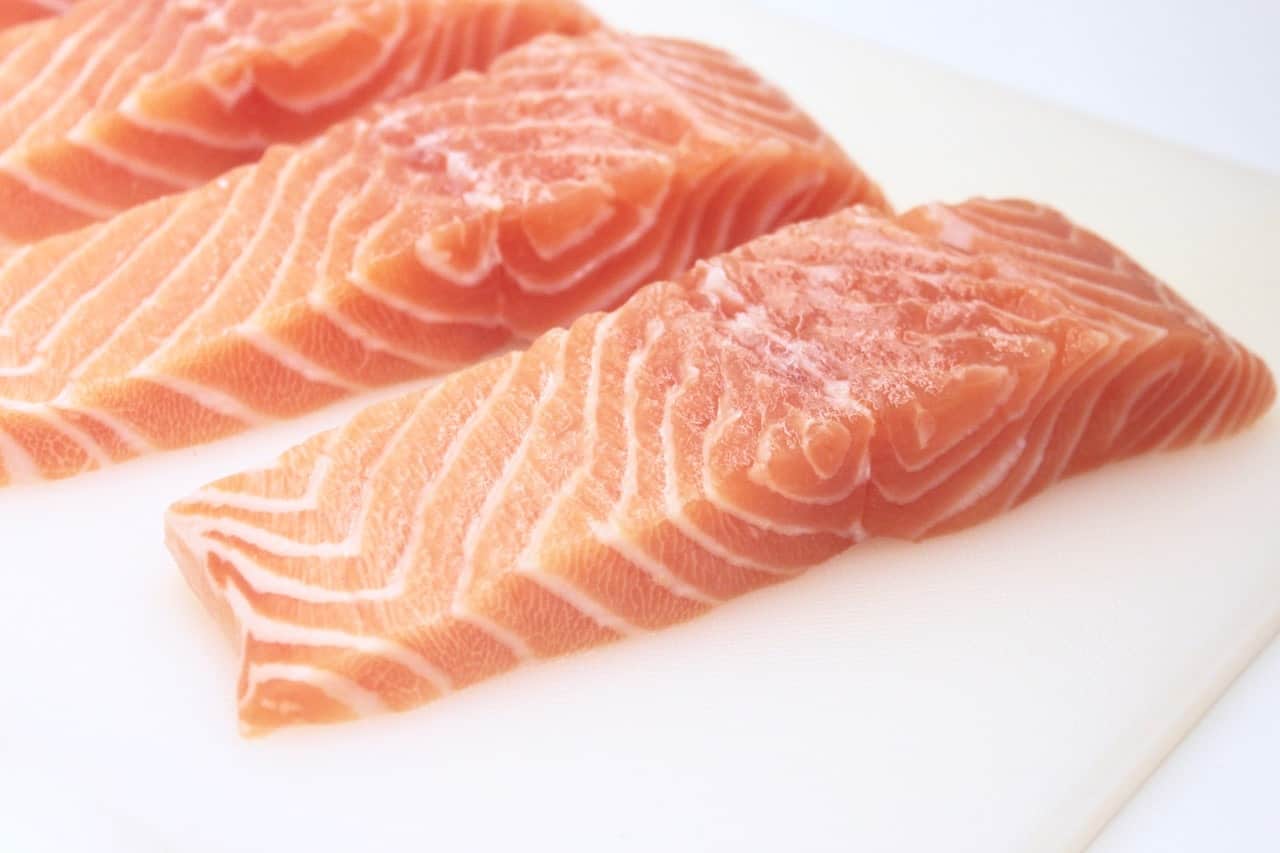
Writing In Defense of Food, and affirming the joy of eating, Pollan suggests that if we would pay more for better, well-grown food, but buy less of it, we'll benefit ourselves, our communities, and the environment at large. Great-great grandmother would not recognize as food." Michael Pollan's sensible and decidedly counterintuitive advice is: "Don't eat anything that your Indeed, real food is fast disappearing from the marketplace, to be replaced by "nutrients," and plain old eating by an obsession with nutrition that is, paradoxically, ruining our health, not to mention our meals.


As a result, we face today a complex culinary landscape dense with bad advice andįoods that are not "real." These "edible foodlike substances" are often packaged with labels bearing health claims that are typically false or misleading. But the balanced dietary lessons that were once passed down through generations have been confused, complicated, and distorted by food industry marketers, nutritional scientists, and journalists-all of whom have much to gain from our dietary confusion. Humans used to know how to eat well, Pollan argues. Mostly plants." These simple words go to the heart of Michael Pollan's In Defense of Food, the well-considered answers he provides to the questions posed in the bestselling The Omnivore's Dilemma.


 0 kommentar(er)
0 kommentar(er)
